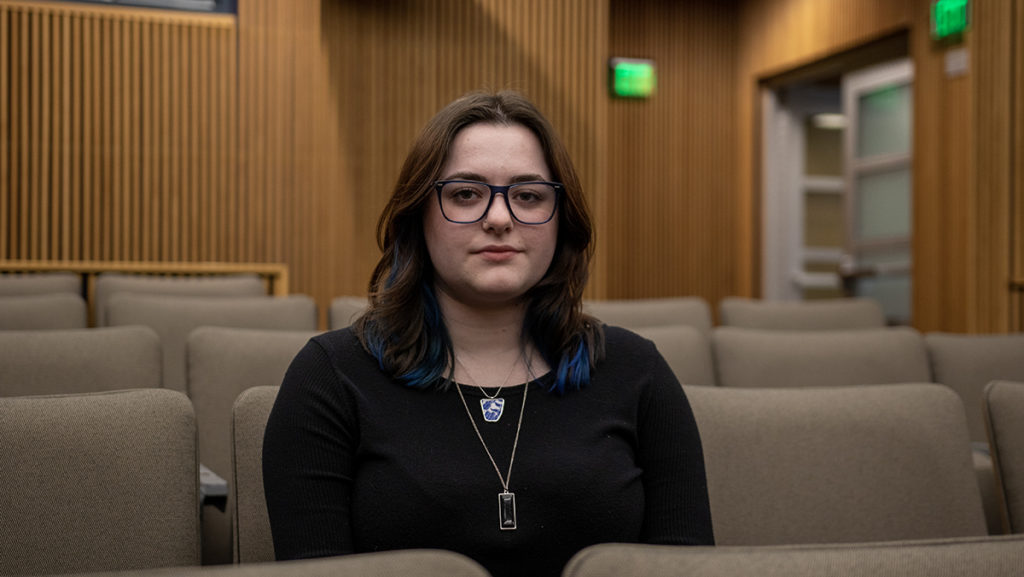Editor’s Note: This is a guest commentary. The opinions do not necessarily reflect the views of the editorial board.
From the beginning of my time at Ithaca College, I have been in classes, clubs and even Zoom calls that have brought in Ithaca College alumni guest speakers. We are shown people like David Muir and Bob Iger, faces that are recognized across the nation, and told that the greatness of Ithaca College is what allowed these alumni to thrive. I was absolutely smitten with the idea of even getting close to living up to the standards that have been set before me as a student in the Roy H. Park School of Communications, but as I continue to work through my college education, I have noticed that the average student does not have these similar experiences.
Ithaca College has a habit of showcasing its previous students who have gone above and beyond in the industry, and what college would not be proud of its famous alumni? However, it becomes damaging when internship and job hunting for students begins. We have seen all of these alumni who worked with massive companies right out of the gate, and the expectation that everyone can work for a company like Disney without experience in other internships has already been set.
I have also fallen victim to the reality that is the internship search. Last year in preparation for the summer, I applied to every big company I could even think of — Disney, WarnerMedia, Sony, NBCUniversal, etc. Did I have experience levels even close to what was needed? Absolutely not, and I was entirely defeated because I thought that being a student at the Roy H. Park School of Communications and not having a massive internship right away showed that I had a lack of dedication and success in what I was studying.
The reality is not that I am a bad student or bad at my major, it is that my understanding of the internship hunt was entirely skewed by the guest speakers I had been hearing from. I can recall a guest speaker that spoke to one of my business classes and her talking about how she started working in luxury brands. She talked about how she got an internship and how her job has changed since then. Her talk with our class, along with almost every other one I attended, completely glossed over getting your first internship. Thinking back, I do not think I can name a single time that context about how these alumni found their first internships has ever been provided.
My classmates and I constantly left these talks with the same question: “OK, great, but where did you find this first internship?”
Now if you talk about this with professors or faculty, the answer is always the same; talk to alumni or work with career services, or even they will try to send you some options. It is a fine answer, but at the end of the day, these previous students were brought in to talk to us about their experiences, and still did not truly explain the hardships of finding internships and jobs.
The reality of having a job lined up after college is also not addressed. Ask an average senior on campus what their plan is after they graduate and the look of panic and stress that crosses their face is unmatched. Most people must go home for quite a while to job hunt — they do not just have a top-notch, six-figure job in New York City. But, of course, Ithaca College does not want you to know that. They want to promote their networks that help people get jobs, not the fact that most students have a hard time finding one for months and even years after graduation.
I have been grateful to attend guest speakers and lecturers during my time at Ithaca College, and seeing what this college has produced in terms of alumni is absolutely something to be showcased. However, I feel that showing diversity in internship and job-hunting processes would be highly beneficial to both the student body and also their perceptions of professional work.















